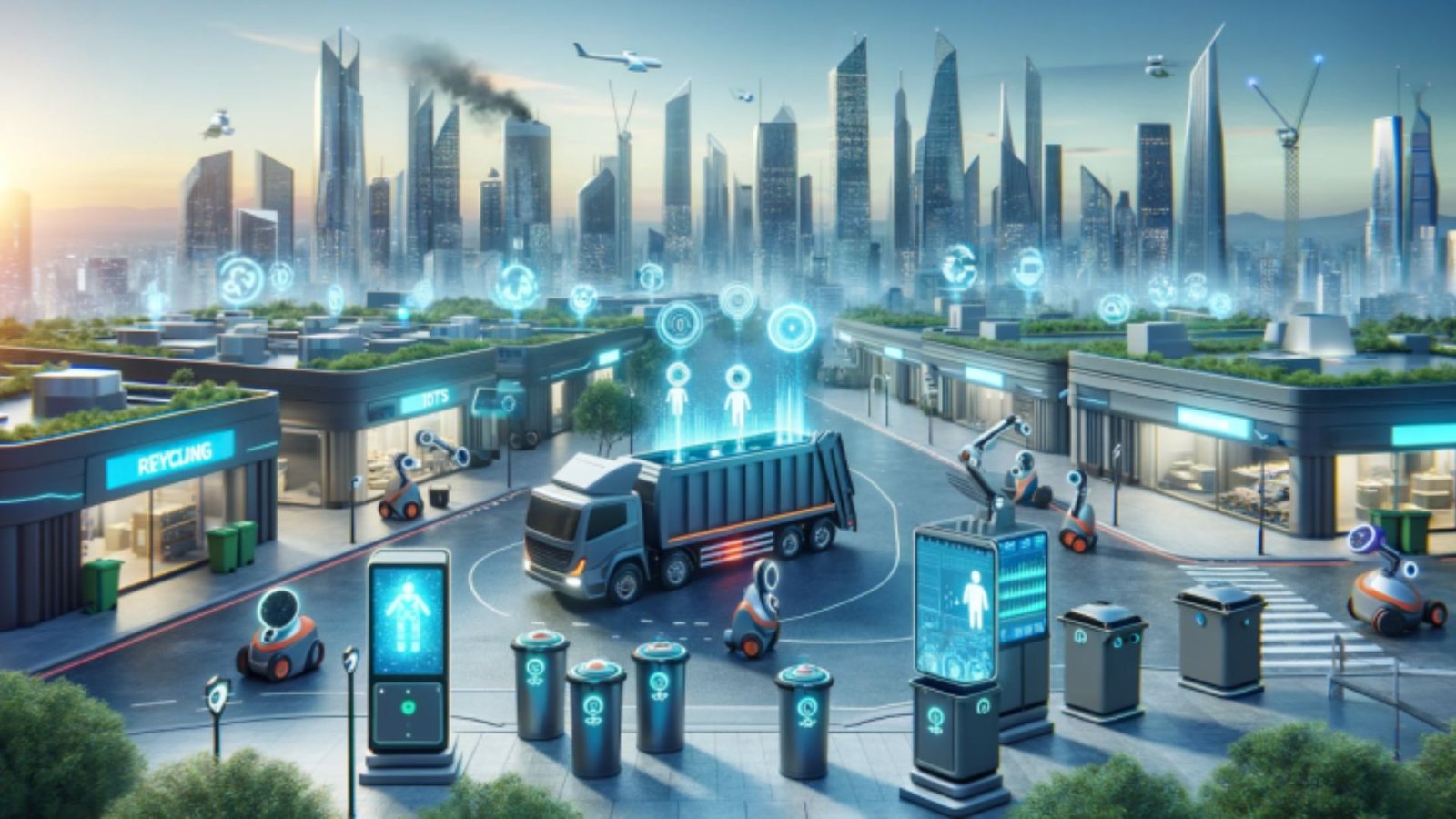Waste management technology is essential in addressing the growing waste crisis facing our planet. As urban areas expand and waste production increases, the environmental impact of waste becomes more significant. In this post, we’ll discuss how waste management technology influences the environment, highlighting its benefits for sustainability and pollution reduction.

Reducing Landfill Waste
One of the primary environmental benefits of waste management technology is its ability to reduce landfill waste. Traditional waste disposal methods often lead to overflowing landfills, which contribute to soil and water pollution. By implementing advanced sorting technologies and recycling systems, more materials can be diverted from landfills. This not only conserves space but also minimizes the harmful effects associated with landfilling, such as methane emissions.
Enhancing Recycling Efforts
Waste management technology significantly enhances recycling efforts. Automated sorting facilities use sensors and AI to accurately separate recyclable materials from general waste. This efficiency increases the volume of materials that can be recycled, reducing the need for new raw materials and conserving natural resources. When more materials are recycled, less energy is consumed in production, which in turn lowers greenhouse gas emissions.
Promoting Waste-to-Energy Solutions
Another important aspect of waste management technology is the promotion of waste-to-energy (WtE) solutions. These technologies convert non-recyclable waste into usable energy through processes like incineration or anaerobic digestion. WtE facilities reduce the amount of waste sent to landfills while generating electricity or heat. This not only helps manage waste but also provides a renewable energy source, further decreasing reliance on fossil fuels.
Minimizing Pollution
Advanced waste management technologies help minimize various types of pollution. For instance, by improving waste collection efficiency with smart bins, cities can reduce truck emissions associated with waste collection. Additionally, automated sorting systems decrease contamination rates in recyclables, leading to cleaner recycling streams. As a result, fewer harmful substances are released into the environment, contributing to better air and water quality.
Encouraging Sustainable Practices
The adoption of waste management technology fosters a culture of sustainability. By implementing systems that prioritize recycling, composting, and responsible waste disposal, communities become more aware of their environmental impact. Educational programs supported by technology, such as mobile apps, empower residents to participate actively in waste reduction efforts. This collective awareness encourages sustainable practices that benefit the environment.
Supporting Circular Economy Initiatives
Waste management technology aligns closely with circular economy principles, which aim to minimize waste through reuse and recycling. Technologies that facilitate the recovery of materials from waste streams contribute to a more circular economy, where resources are kept in use for as long as possible. By reducing waste and promoting the reuse of materials, waste management technologies help lower the overall environmental footprint of production and consumption.
Conclusion
In conclusion, waste management technology plays a crucial role in mitigating environmental impact. By reducing landfill waste, enhancing recycling efforts, promoting waste-to-energy solutions, minimizing pollution, and encouraging sustainable practices, these technologies contribute to a healthier planet. As communities and businesses continue to adopt innovative waste management solutions, we can move towards a more sustainable future, protecting the environment for generations to come. Let’s embrace these technologies and work together for a cleaner, greener world!



